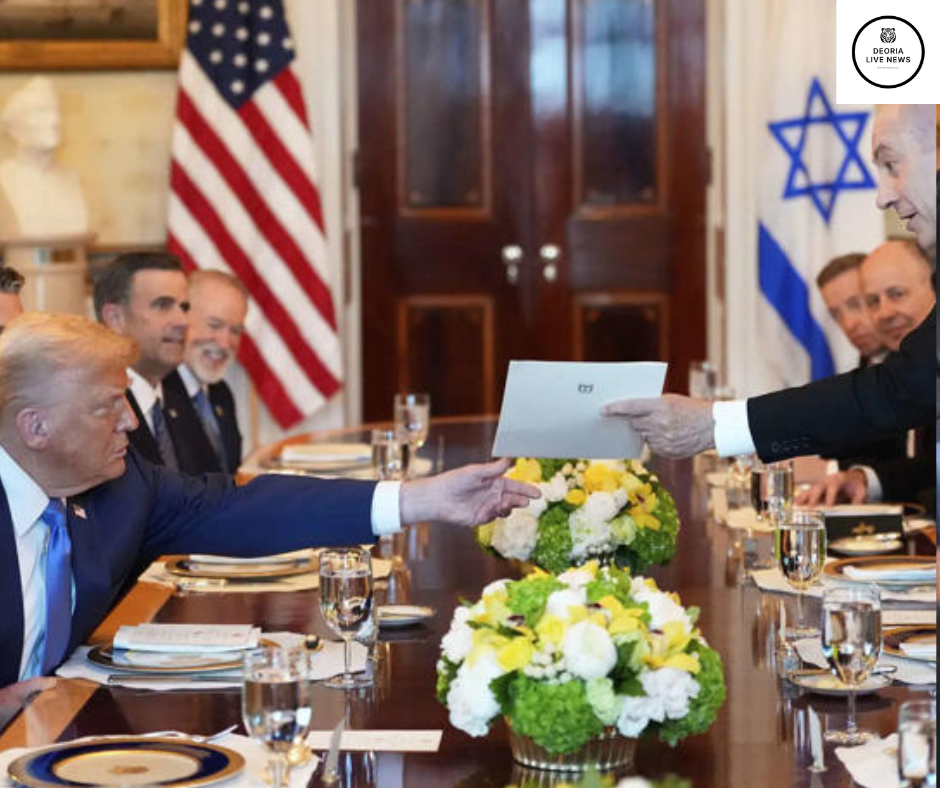
In a recent development that has drawn attention across global headlines, former US President Donald Trump was reportedly “caught off guard” by Israel’s latest military strikes in Syria. The incident has sparked conversation about ongoing tensions in the Middle East and Washington’s evolving position on foreign military actions, especially involving its key allies.
According to sources close to the matter, Trump was unaware of the specifics of the operation when initial reports surfaced. The airstrikes, which reportedly targeted Iran-linked militia groups operating in Syria, were part of Israel’s continued efforts to counter what it sees as threats near its borders. But what’s drawing attention isn’t just the strike—it’s Trump’s delayed response.
While Trump has always maintained a strong pro-Israel stance during his presidency, his reaction here seemed unusually reserved, especially considering how vocal he was in previous years about military conflicts in the region. Some speculate that his current distance from official intelligence briefings might explain the lag, while others feel it might signal a shift in tone from the former President.
This moment also brings back the recurring debate about how much influence former presidents should have on current geopolitical affairs, especially in such sensitive zones. Trump eventually addressed the situation through a brief statement, acknowledging Israel’s right to defend itself but stopping short of commenting directly on the timing or targets of the strike.
With tensions in the Middle East constantly shifting, such moments remind us how complex the web of diplomacy, military action, and public perception really is.

